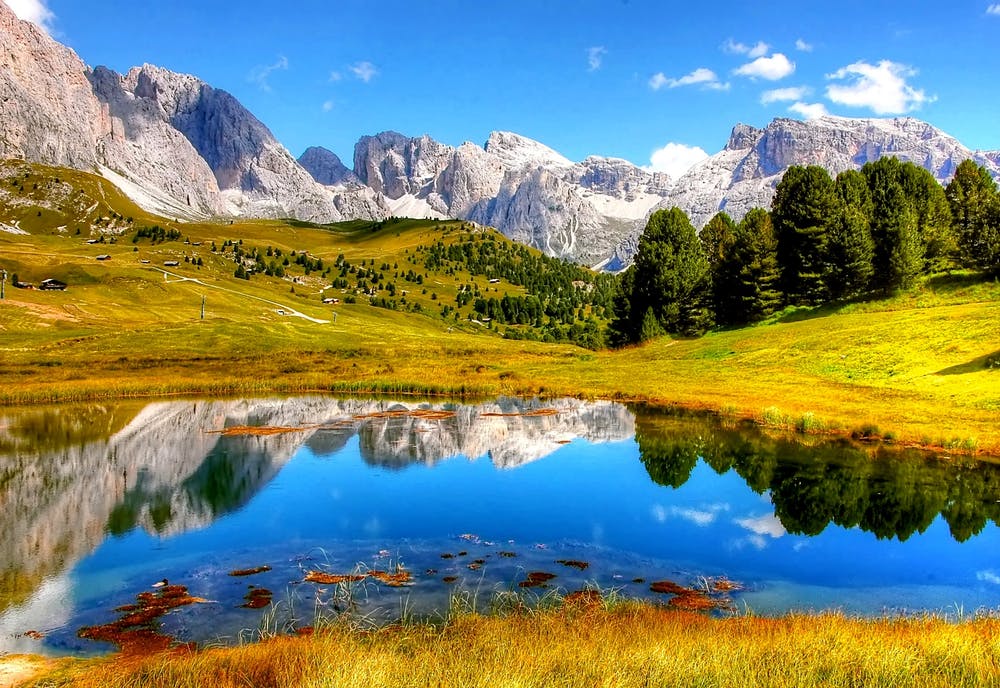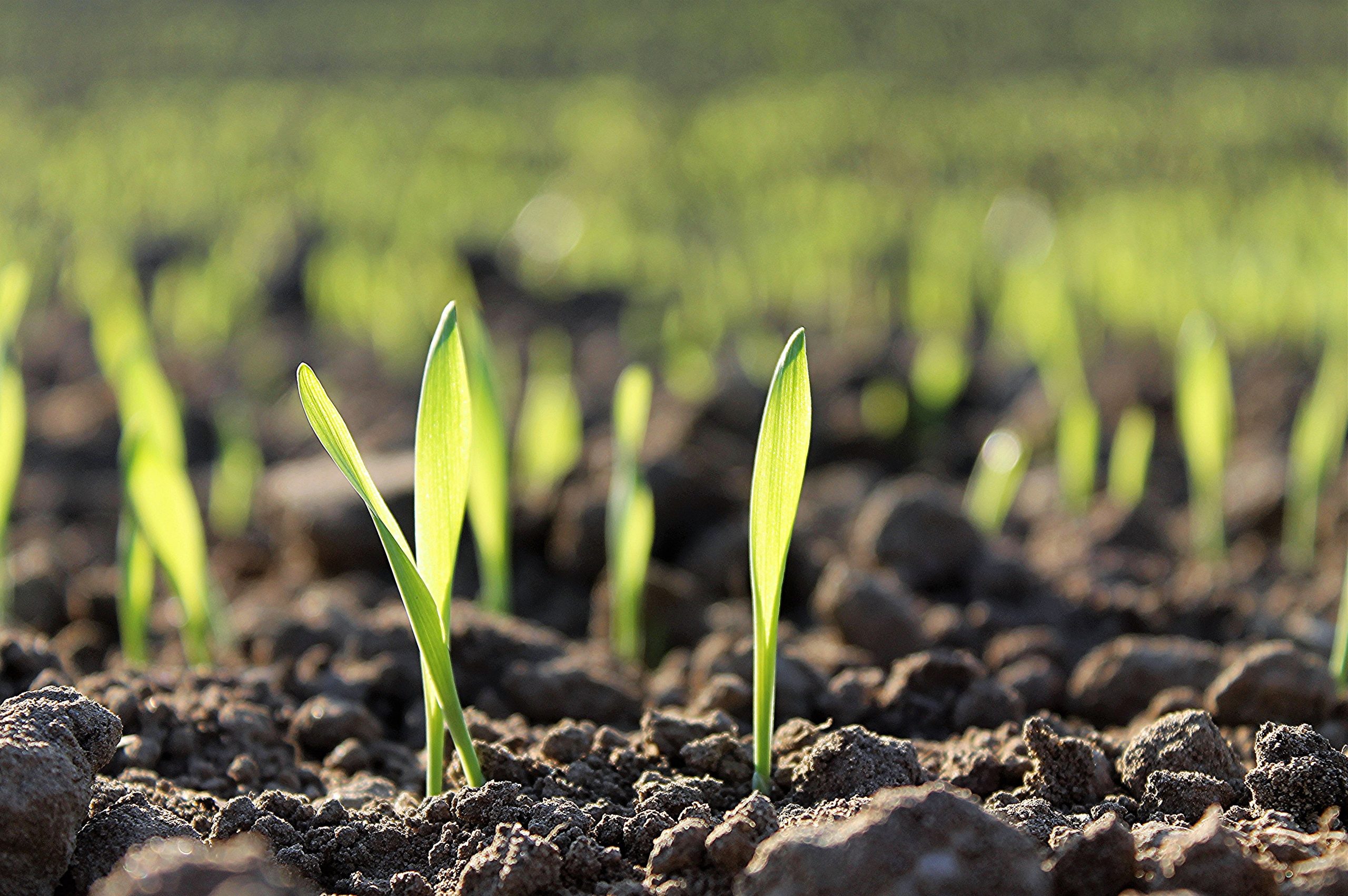Not all writing or rehearsal sessions are the same.
It is critical to the success of your project to identify what kind of session you are about to go into. If you do this, you can prepare yourself for the rigors of what will be asked of you during that session.
Some of you already do this intuitively. It seems natural to you. In this work we always have the intent to work with the element of conscious creation. You would never plant a seed in a garden and go out the next day to see if the tree had any fruit on it. That would be crazy. Well, it is the same thing with our creative process. You would not write a few ideas on a napkin one day, expecting you could have a full blown polished story the next. Tending a garden and tending your project are very similar. It will take a lot of intention, timing, patience, allowing, awareness and working with what is in front of you.
Here are a few samples of the kinds of session that you will be engaging with when working on your project.
Ideas. Whole body (brain too) storming. These sessions can sometimes come in fleeting moments – or you can sit down and make your lists. Or try starting with your main idea and expand from there. Most of the time this is Big Picture stuff.
Conjuring. Now that you have your idea, you will want to create some specific / concrete work. Fleshing out the idea and making it real. Writing down the main thrust of a scene. Where to start and where to end? What happens next? Writing it down as it comes in what ever order it comes. Remember, the creative process is a non-linear process.
A draft. Putting it all in a sequence that feels good to you. Your story line can follow a linear or a non-linear model. Modern or Da-Da. Up to you. Because you this first draft and it feels good, you now have a sense of the vision of the project and also a map of how it all flows.
Revisions: What feels good? What is missing? What else do I need to explore? What whole scenes or parts of a scene can I trim? Remember the adage, establish and move on. You might need to get more ideas. Might need to do some drill downs. Now you have a working draft. Now comes the heavy lifting. Drilling down. Going deep. Seeing what you have really written. Does this draft give more context to the main characters? Do the relationships and their conflicts add to the through line of the whole story. What are your characters really saying – what do they really want? This is the work that most writers will do everything in their power to avoid. Slow and tedious and yet oh so fruitful.
Working with these sample phases of development, where would you be focusing? Are you looking at the big picture, like you do when working with ideas and conjuring times? Or, is it a time to get into the weeds and do the up close work on trimming and editing?
Before starting your session, identify what kind it is going to be. Then, give yourself whatever you need to support yourself through that phase of the work. The constant self care and feeding of the writer is crucial to your long term success.
Blissfully yours, Joshua






